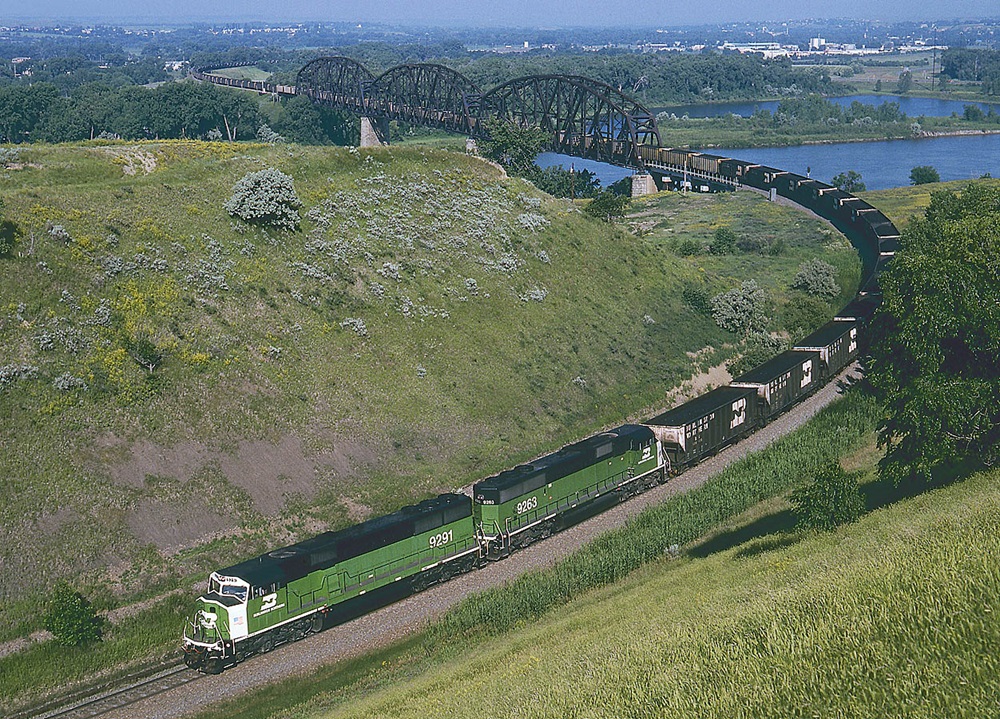
BISMARCK, N.D. — The North Dakota Supreme Court has rebuffed a preservation group’s latest legal effort to block demolition of BNSF’s Bismarck-Mandan Rail Bridge, upholding a lower court’s dismissal of a suit by Friends of the Rail Bridge on technical grounds.
The Fargo Forum reports that the court’s five justices, in a decision released today [Thursday, Feb. 8], unanimously upheld the earlier decision that the Friends group failed to exhaust its administrative remedies before filing its suit.
“It is undisputed that the Appellates did not request a hearing within 30 days (or at any time)” after the state’s Department of Water Resources issued two sovereign land permits — one allowing BNSF to construct its new bridge over the Missouri River, one to subsequently demolish the current bridge, which dates to 1883 — in April 2023, Justice Lisa Fair McEvers wrote in the court’s decision. “Accordingly, no hearing was held, nor was a hearing request denied by DWR.”
A lawyer for the Friends group, Lyle Witham, said in a statement to the newspaper that the group was disappointed that the Court failed to address the case’s larger legal issues “based on a new precident that will not allow members of the public who file comments in a major permit proceeding to appeal the final permit directly to the district court. This is a bad precedent that undermines the public’s ability to participate in such important cases affecting the public’s interest.”
The Friends group has contended for some time that the bridge is actually state property — an argument it outlines at length on its website — and as such a state board is required to review the bridge’s historical significance. The state’s Attorney General has not backed that argument [see “North Dakota Attorney General indicates BNSF owns Bismarck Bridge,” Trains News Wire, March 6, 2023], and the Supreme Court had previously declined the group’s request to consider that argument rather than the procedural question decided today [see “North Dakota Supreme Court to hear arguments …,” News Wire, Aug. 21, 2023].
BNSF, which began work on the replacement bridge last year, said in a statement that it was “pleased with the Court’s decision affirming the previous dismissal of FORB’s challenge.” The new bridge is expected to be completed in 2026.






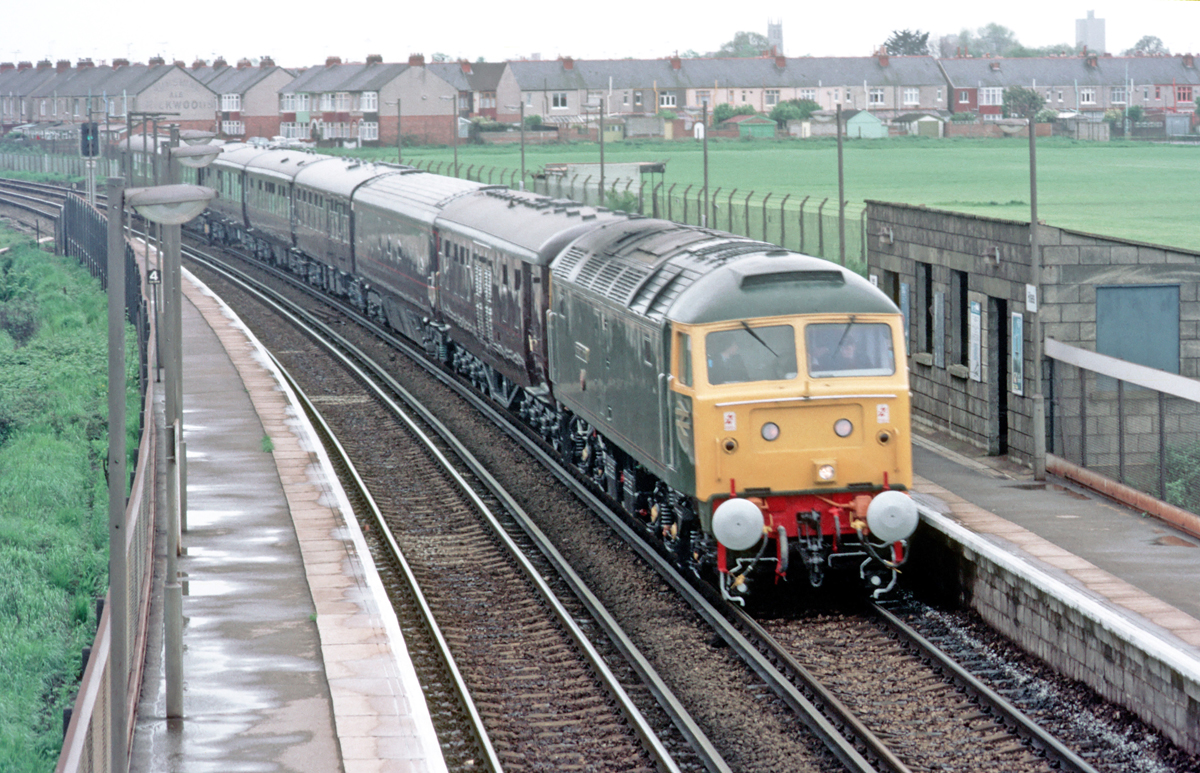
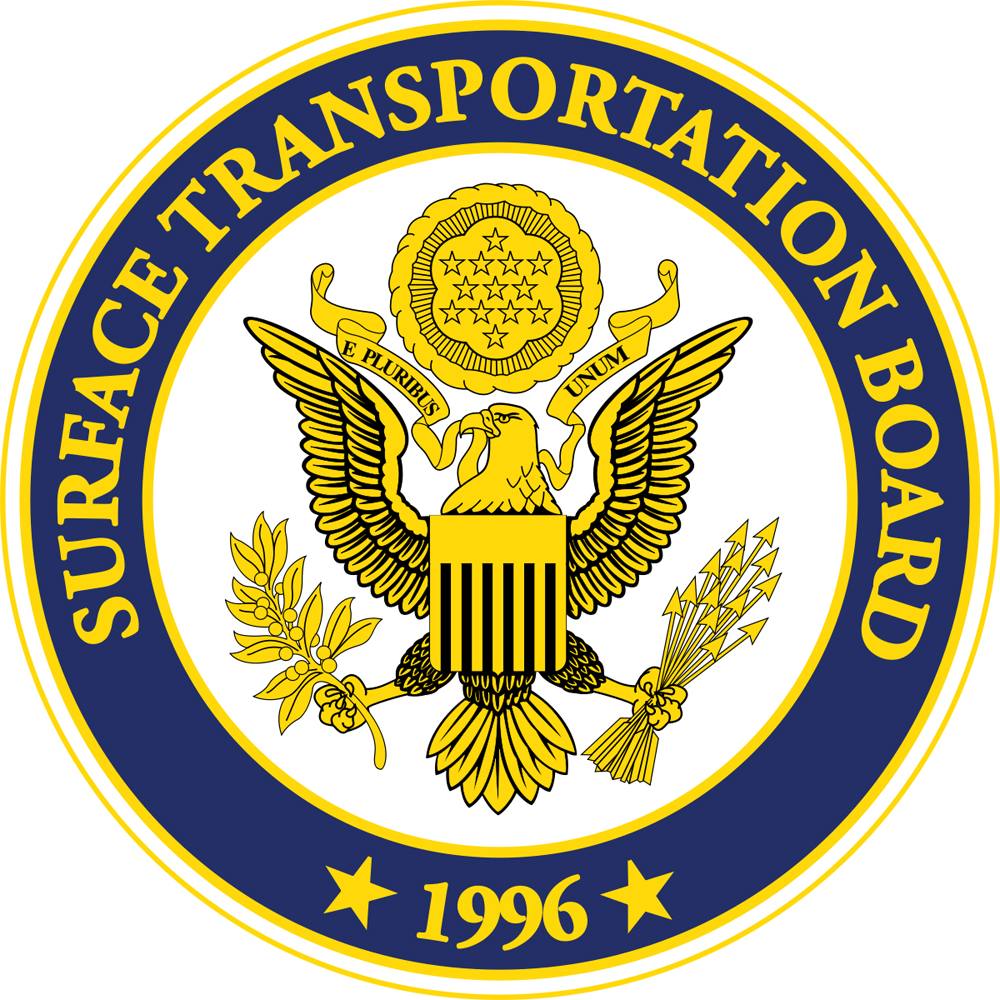
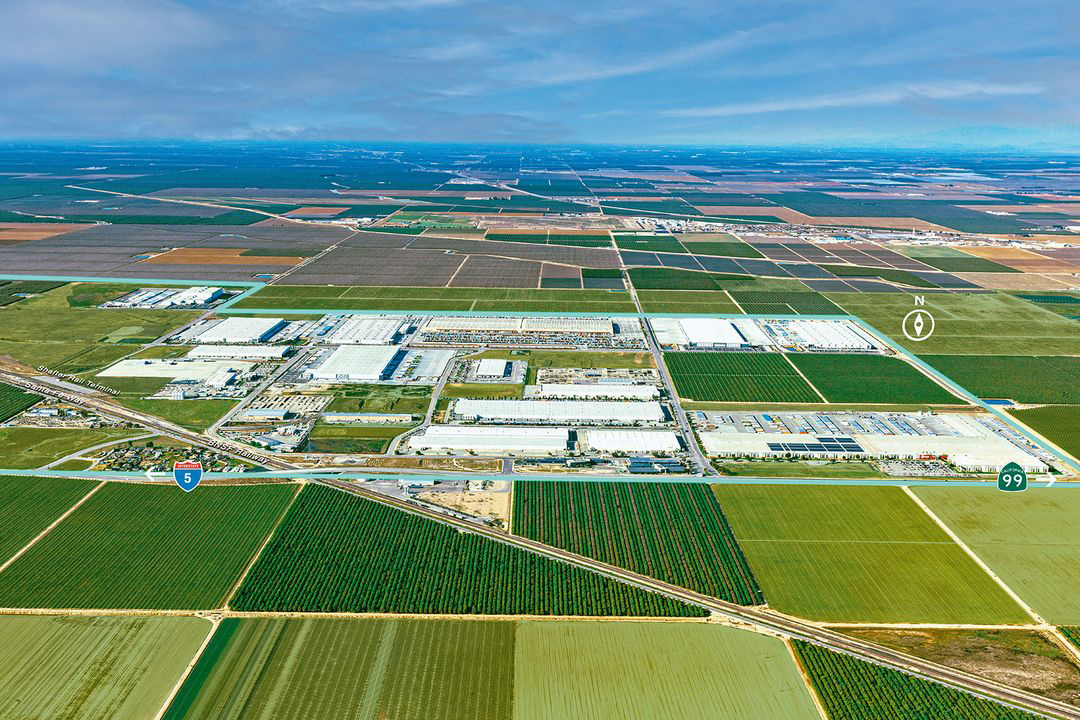
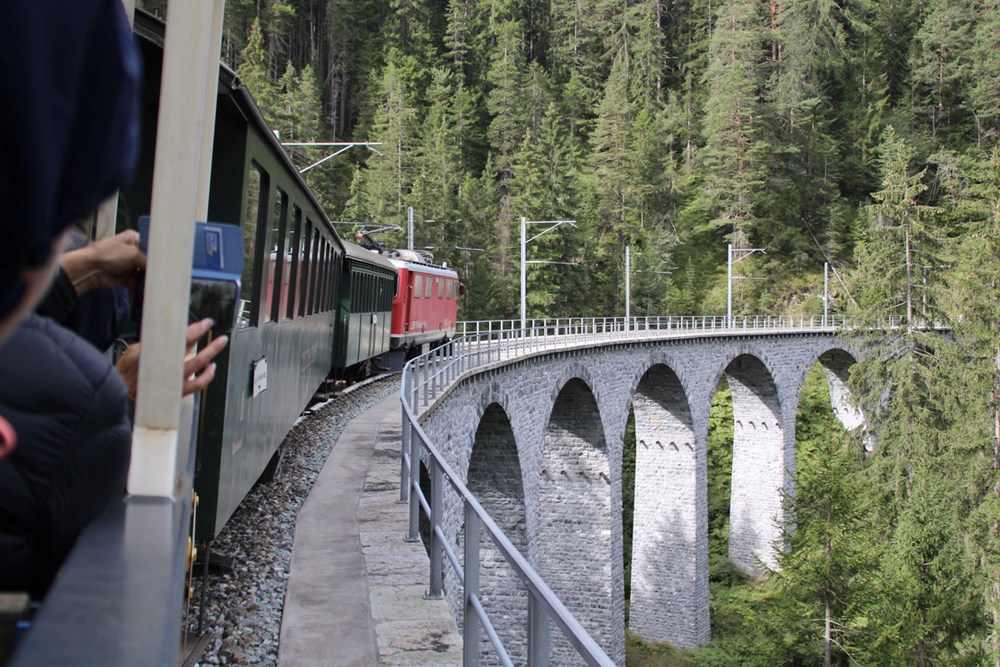




What is this group’s source of income? And why aren’t they putting in a bid to buy the bridge for themselves? Then as owners they probably could do as they wish with it.
End frivolous suits???? Never will happen. And, that is the bain of the U S.
While the court ruled the correct way (in my opinion–which doesn’t mean squat) I see another appeal to the US Supreme Court coming.
I think that when a lawsuit like this comes up, the plaintiff should be made to carry a bond to cover the added cost of the project. Since these proceedings started, I bet the farm that the cost has already doubled for BNSF. Don’t see it coming to an end any time soon.
On the other hand, If the Court would have bought the argument that the bridge was State Property, wouldn’t BNSF and it previous corporations be allowed to bill the state of South Dakota for all the maintenance it performed since the bridge was built. You know over the last 100 plus years that would be in the tens of millions of dollars. OH, maybe that’s why the State Court voted this way.
Mr. Witham should be brought before the bar association for malpractice. Did not file in timely manner.
It is kind of a weird irony, that after all the legal posturing, they failed because one simply didn’t file an administrative objection within the 30 day window of the affirmative vote on the permit.
Sometimes I feel like they are going to the school district superintendent to get a failed grade overturned because they didn’t turn their homework in in time.
Hopefully this is the end of it. But I’m not holding my breath.
It’s not the end, never the end, until the USA adopts a legal protocol to penalize endless frivolous appeals.
I hear ya. But then comes the dicey duty of defining “frivolous.” We know it when we smell it but no court in the land will dare codify it.